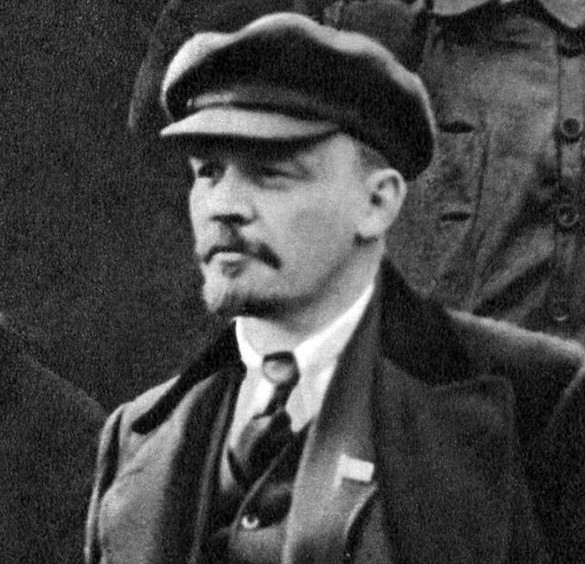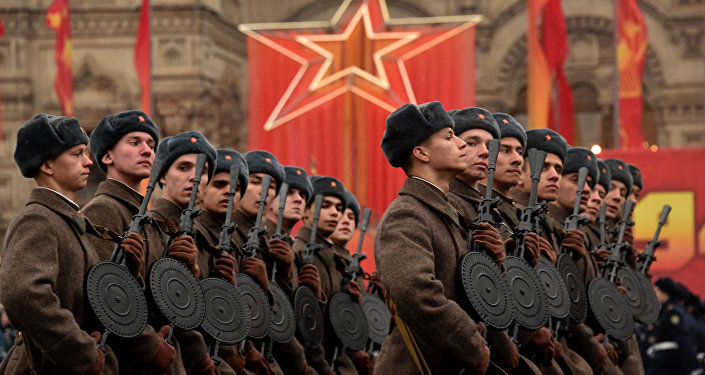I love shit like this
Also Raddle is awful, just awful. I remember checking it out when it was first created and it’s full of anarchists that believe Western propaganda
I went back there now and it seems entirely dead.
I’m impressed with the fact they’ve managed to make it look worse than Reddit though
“Since 1845 Marx and I have held the view that one of the ultimate results of the future proletarian revolution will be the gradual dissolution of the political organisation known by the name of state. The main object of this organisation has always been to secure, by armed force, the economic oppression of the labouring majority by the minority which alone possesses wealth. With the disappearance of an exclusively wealth-possessing minority there also disappears the necessity for the power of armed oppression, or state power. At the same time, however, it was always our view that in order to attain this and the other far more important aims of the future social revolution, the working class must first take possession of the organised political power of the state and by its aid crush the resistance of the capitalist class and organise society anew. This is to be found already in The Communist Manifesto of 1847, Chapter II, conclusion.
The anarchists put the thing upside down. They declare that the proletarian revolution must begin by doing away with the political organisation of the state. But after its victory the sole organisation which the proletariat finds already in existence is precisely the state. This state may require very considerable alterations before it can fulfil its new functions. But to destroy it at such a moment would be to destroy the only organism by means of which the victorious proletariat can assert its newly-conquered power, hold down its capitalist adversaries and carry out that economic revolution of society without which the whole victory must end in a new defeat and in a mass slaughter of the workers similar to those after the Paris Commune.
Does it require my express assurance that Marx opposed this anarchist nonsense from the first day it was put forward in its present form by Bakunin? The whole internal history of the International Workingmen’s Association is evidence of this. From 1867 onwards the anarchists were trying, by the most infamous methods, to conquer the leadership of the International; the main hindrance in their way was Marx. The five-year struggle ended, at the Hague Congress of September 1872, with the expulsion of the anarchists from the International; and the man who did most to achieve this expulsion was Marx.”
– Frederick Engels, “Letter to Philipp Van Patten in New York”The point is that Marxism and anarchism are built up on entirely different principles, in spite of the fact that both come into the arena of the struggle under the flag of socialism. The cornerstone of anarchism is the individual, whose emancipation, according to its tenets, is the principal condition for the emancipation of the masses, the collective body. According to the tenets of anarchism, the emancipation of the masses is impossible until the individual is emancipated. Accordingly, its slogan is: “Everything for the individual.” The cornerstone of Marxism, however, is the masses, whose emancipation, according to its tenets, is the principal condition for the emancipation of the individual. That is to say, according to the tenets of Marxism, the emancipation of the individual is impossible until the masses are emancipated. Accordingly, its slogan is: “Everything for the masses.”
Clearly, we have here two principles, one negating the other, and not merely disagreements on tactics.
Stalin, Anarchism or Socialism
Dialectics tells us that nothing in the world is eternal, everything in the world is transient and mutable; nature changes, society changes, habits and customs change, conceptions of justice change, truth itself changes — that is why dialectics regards everything critically; that is why it denies the existence of a once-and-for-all established truth. Consequently, it also repudiates abstract “dogmatic propositions, which, once discovered, had merely to be learned by heart” (see F. Engels, Ludwig Feuerbach). 3
Metaphysics, however, tells us something altogether different. From its standpoint the world is something eternal and immutable (see F. Engels, Anti-Duhring), it has been once and for all determined by someone or something — that is why the metaphysicians always have “eternal justice” or “immutable truth” on their lips.
Proudhon, the “father” of the Anarchists, said that there existed in the world an immutable justice determined once and for all, which must be made the basis of future society. That is why Proudhon has been called a metaphysician. Marx fought Proudhon with the aid of the dialectical method and proved that since everything in the world changes, “justice” must also change, and that, consequently, “immutable justice” is metaphysical nonsense (see K. Marx, The Poverty of Philosophy). The Georgian disciples of the metaphysician Proudhon, however, keep reiterating that “Marx’s dialectics is metaphysics”!
Metaphysics recognises various nebulous dogmas, such as, for example, the “unknowable,” the “thing-in-itself,” and, in the long run, passes into empty theology. In contrast to Proudhon and Spencer, Engels combated these dogmas with the aid of the dialectical method (see Ludwig Feuerbach); but the Anarchists — the disciples of Proudhon and Spencer — tell us that Proudhon and Spencer were scientists, whereas Marx and Engels were metaphysicians!
One of two things: either the Anarchists are deceiving themselves, or else they do not know what they are talking about.
- Ibid
great quotes, thanks!




